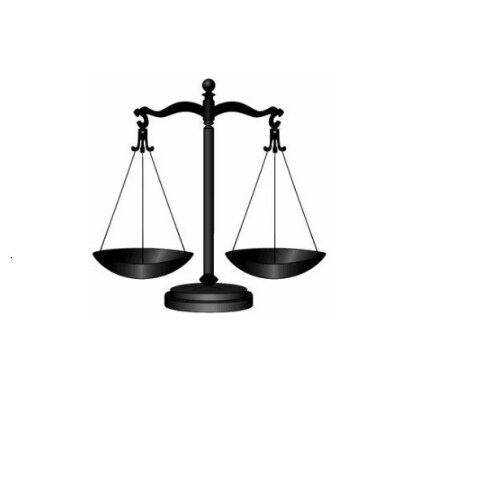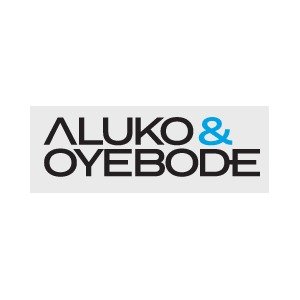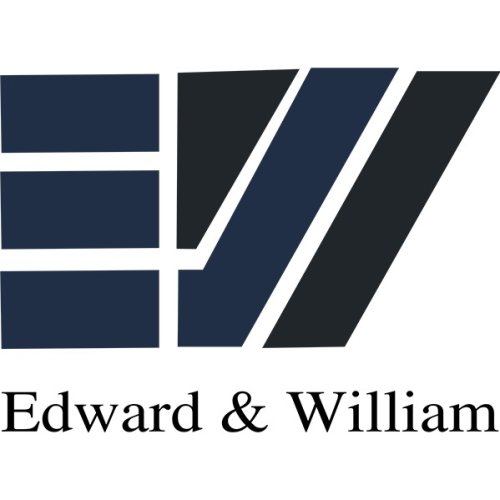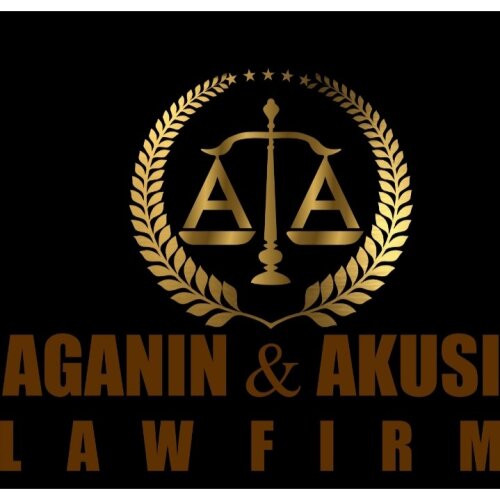Best Sanctions & Export Controls Lawyers in Port Harcourt
Share your needs with us, get contacted by law firms.
Free. Takes 2 min.
List of the best lawyers in Port Harcourt, Nigeria
About Sanctions & Export Controls Law in Port Harcourt, Nigeria
Sanctions and export controls are critical aspects of international trade law, designed to regulate what goods, technology, and funds can move across borders. In Port Harcourt, Nigeria, a city known as a hub for energy, oil, and gas operations, these laws play a significant role in ensuring compliance with both Nigerian and international regulations. Nigerian authorities enforce export controls to protect national security, prevent illegal trade, and fulfill international obligations. Sanctions may be imposed against specific countries, organizations, or individuals, often in line with United Nations resolutions or Nigeria's own foreign policy objectives.
Why You May Need a Lawyer
Dealing with sanctions or export control regulations can be complicated. You may need a lawyer in situations such as:
- Starting or expanding export businesses in the oil and gas, energy, or technology sectors.
- Facing government investigations or audits regarding your company’s export practices.
- Receiving notifications about blocked or frozen funds, or goods detained at ports.
- Navigating international business relationships in sanctioned countries.
- Ensuring compliance with evolving Nigerian and international sanctions lists.
- Resolving disputes related to breach of contract or delivery delays caused by sanctions.
- Seeking licenses or special permissions for controlled exports.
- Responding to allegations of non-compliance or impropriety in export transactions.
A knowledgeable lawyer can help you avoid hefty fines, loss of business, or even criminal charges by guiding you through complex regulatory requirements.
Local Laws Overview
Sanctions and export controls in Port Harcourt are governed by several key statutes and regulations. The Nigerian Export Prohibition Act and the Customs and Excise Management Act are foundational. The Central Bank of Nigeria, Nigerian Customs Service, and the National Agency for Food and Drug Administration and Control (NAFDAC) all play roles in enforcing export controls. Nigeria applies both domestic and international sanctions by restricting trade, finance, or business engagement with targeted entities or individuals. Compliance requirements include:
- Clear documentation of all exports and imports.
- Verification of counterparties against updated sanctions lists.
- Proper licensing for controlled items such as technology, dual-use equipment, and certain chemicals.
- Mandatory reporting for certain types of international financial transactions.
Local enforcement in Port Harcourt is particularly alert given the high volume of oil and gas exports - and Nigeria’s obligations to international bodies like the United Nations and the Financial Action Task Force (FATF).
Frequently Asked Questions
What are export controls?
Export controls are government regulations that restrict the export of certain goods, services, or technology to protect national interests, security, or comply with international agreements.
What is a sanction?
Sanctions are penalties or restrictions imposed by governments or international bodies that restrict trade or financial transactions with certain countries, companies, or individuals.
Why is compliance with export controls important?
Non-compliance can lead to severe penalties, including fines, loss of trade privileges, and criminal liability. It can also damage your business reputation and international business prospects.
Which government agencies enforce sanctions and export controls in Nigeria?
The Nigerian Customs Service, Central Bank of Nigeria, and the National Agency for Food and Drug Administration and Control (NAFDAC) are key enforcers. Additional agencies include Standard Organisation of Nigeria and the Economic and Financial Crimes Commission (EFCC).
How do I know if my product is subject to export controls?
You will need to review Nigeria’s controlled goods list, and in some cases, international lists. Consultation with legal counsel or relevant government agencies is advisable.
What steps should I take if goods are detained at Port Harcourt’s port?
First, clarify the reason for detention with Customs authorities. Next, gather all documentation relating to the goods, transaction, and compliance efforts, then consult with a lawyer for further guidance and representation if necessary.
How are international sanctions applied in Port Harcourt?
International sanctions may be adopted into Nigerian law or policy, affecting businesses operating in Port Harcourt. Entities must ensure they do not engage in prohibited transactions set by these sanctions.
Can I apply for an exemption or license to export a controlled item?
Yes, it is possible to apply for special export licenses or exemptions, but the requirements are strict, and the process can be challenging without legal guidance.
What are the penalties for violating sanctions or export control laws in Nigeria?
Penalties can include seizure of goods, cancellation of licenses, significant fines, and possible imprisonment for individuals responsible for violations.
How can I keep up-to-date with changing sanctions and export control laws?
Subscribe to updates from relevant government agencies, consult industry professionals, and regularly review regulatory announcements. Legal advice is especially important to ensure ongoing compliance.
Additional Resources
If you need more information or direct assistance on sanctions and export controls in Port Harcourt, the following resources may be useful:
- Nigerian Customs Service: For guidance and regulations on exports and import procedures.
- Central Bank of Nigeria: To understand financial restrictions and reporting obligations.
- National Agency for Food and Drug Administration and Control (NAFDAC): If your exports involve pharmaceuticals or food products.
- Standard Organisation of Nigeria: Oversight on quality and technical standards for exports.
- Economic and Financial Crimes Commission (EFCC): For concerns about money laundering or financial compliance.
- Experienced legal practitioners in Port Harcourt specializing in international trade law.
Next Steps
If you believe you require legal assistance in dealing with sanctions or export controls issues in Port Harcourt:
- Document all related transactions, communications, and notices you have received.
- Identify the specific agency or regulation involved in your situation.
- Contact a reputable lawyer in Port Harcourt with experience in sanctions and export control law. Ask about their experience in similar cases.
- Be transparent with all information you provide your lawyer to ensure an effective legal strategy.
- Stay proactive in educating your staff and updating your compliance policies as laws and regulations change.
Early legal intervention can prevent complications and help secure favorable outcomes when dealing with the complex world of sanctions and export controls.
Lawzana helps you find the best lawyers and law firms in Port Harcourt through a curated and pre-screened list of qualified legal professionals. Our platform offers rankings and detailed profiles of attorneys and law firms, allowing you to compare based on practice areas, including Sanctions & Export Controls, experience, and client feedback.
Each profile includes a description of the firm's areas of practice, client reviews, team members and partners, year of establishment, spoken languages, office locations, contact information, social media presence, and any published articles or resources. Most firms on our platform speak English and are experienced in both local and international legal matters.
Get a quote from top-rated law firms in Port Harcourt, Nigeria — quickly, securely, and without unnecessary hassle.
Disclaimer:
The information provided on this page is for general informational purposes only and does not constitute legal advice. While we strive to ensure the accuracy and relevance of the content, legal information may change over time, and interpretations of the law can vary. You should always consult with a qualified legal professional for advice specific to your situation.
We disclaim all liability for actions taken or not taken based on the content of this page. If you believe any information is incorrect or outdated, please contact us, and we will review and update it where appropriate.

















